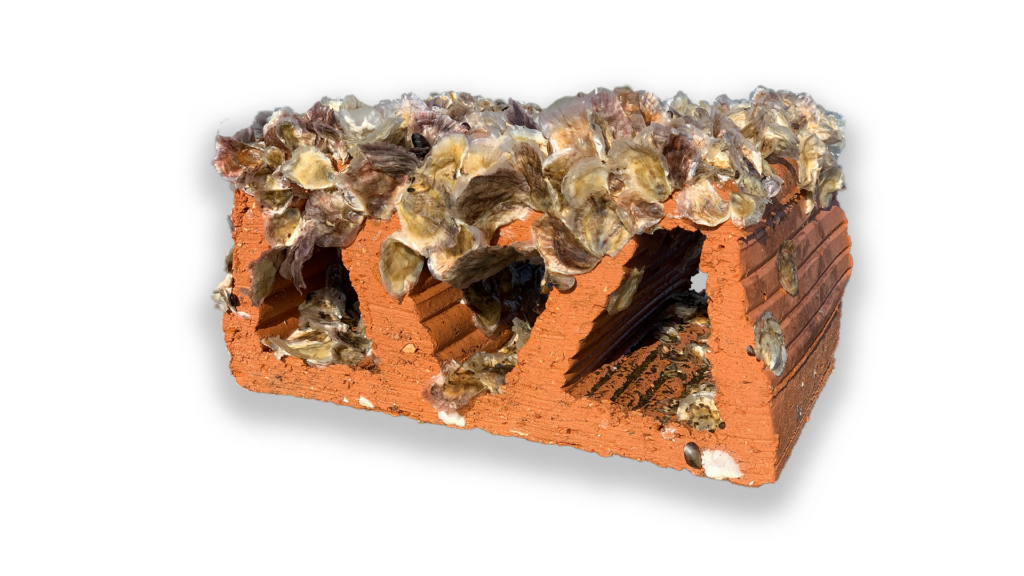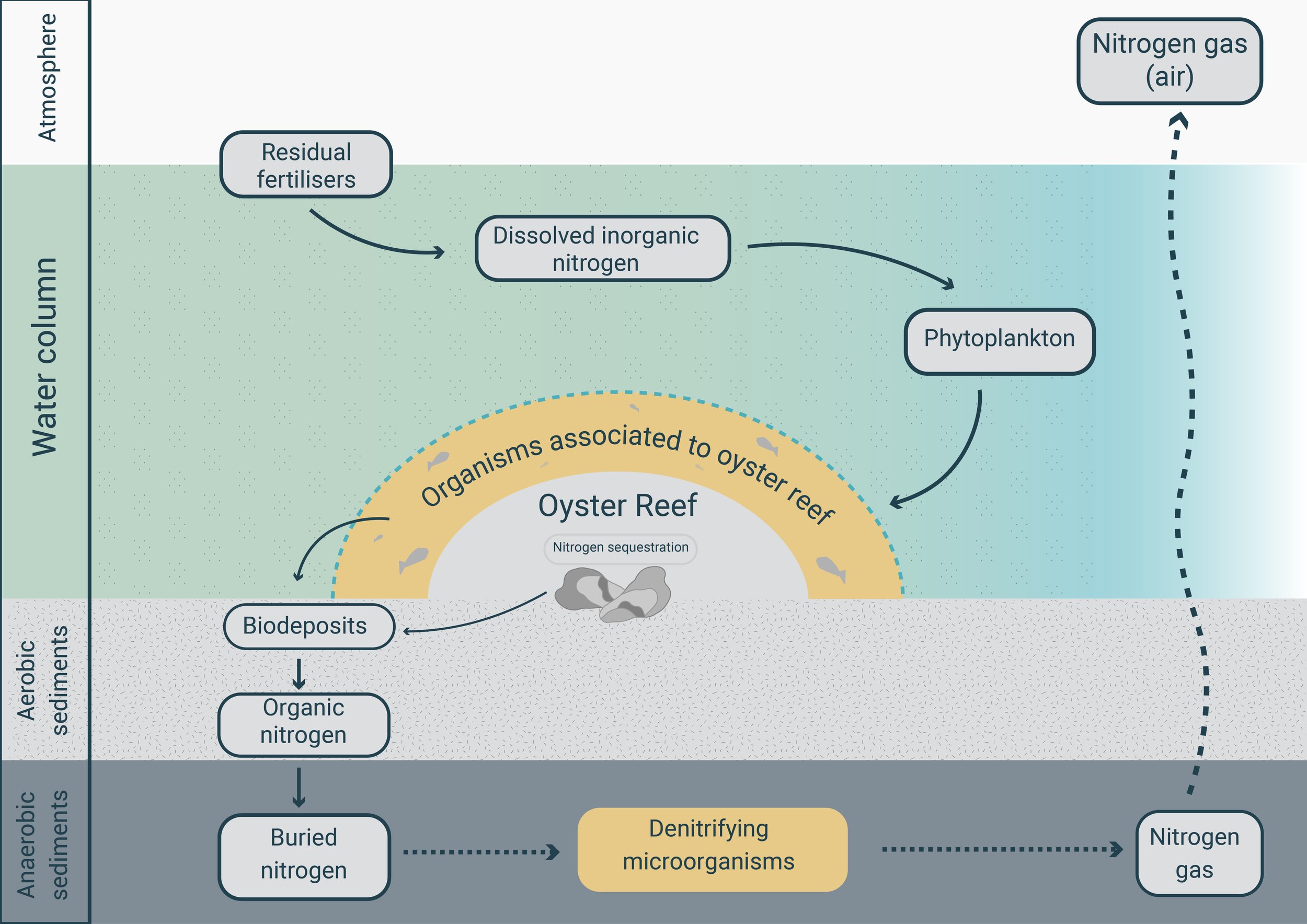
Growing up, we all were taught about hygiene and cleanliness in case the ‘bad monster’ microbes will come and make us sick. But actually, microorganisms can also be beneficial. In fact, they are the key to solving some of the biggest problems our society faces.
Bacteria are not just in the labs. They are almost everywhere on earth and that is definitely a good thing because they are vital to the planet’s ecosystems. We have bacteria to thank for the flavour and texture of yoghurt, for the production of cheese, vinegar, and alcohol. Probiotics are also ‘good’ bacterial strains that we take to protect our intestinal lining against the ‘bad’ and the ‘ugly’ ones.

Bacteria – photo by Natacha Juste
We should also remember that yeast, which is a key ingredient in bakeries and breweries, are actually microorganism. We even use the ‘ugly’ Clostridium botulinum that causes severe food poisoning, for its toxins, ‘Botox’, in cosmetics.
While bacteria present in food might sound familiar to most of us, not everyone is aware of the important role microorganisms play in nature. Bacteria help destroy waste products, as it occurs with the degradation of faecal and organic matter as well as carcasses.
Do you about the group of microorganisms associated to degrade nuclear waste?
Did anyone pay attention to those articles proving that microorganisms have succeeded where we failed, in degrading plastics?
And what about the potential of bacteria and archaea to exchange electrons, resulting in the production of biogas and a small amount of electricity?
Currently, our society is being challenged to address the Nitrogen crisis. Instead of creating new and expensive technology to palliate the damage to the environment, we should look at nature first and find the answers there.
In fact, one of the most natural solutions to fight climate change is the restoration of oyster reefs. How?
These amazing creatures have the ability to trap nitrogen compounds that are polluting the oceans as a result of the activities of our society. Then, they release them as biodeposits – their faeces -.
What happens next is another example of the critical role microorganisms play in our ecosystem: microorganisms associated with the oyster reefs, after several transformations, turn the trapped pollutant from the biodeposits into neutral nitrogen gas, which is then released into the atmosphere so that we can breathe it again.

Nitrogen cycle
In conclusion, oyster reefs are crucial to maintaining the Nitrogen balance by driving the Nitrogen cycle.
Not only that. This collaboration between the macro and microflora associated with an oyster reef sustains biodiversity thus keeping a healthy marine ecosystem that ensures the livelihood of those dependent on it.
Stopping activities that result in pollution is not enough. We also need to give nature a boost by restoring what we destroyed. Contributing to the large-scale restoration of oyster reefs is definitely one way to make amends.

Make a measurable difference for the ocean today.
You can now adopt a Mother Reef and help restore 100 oysters!

